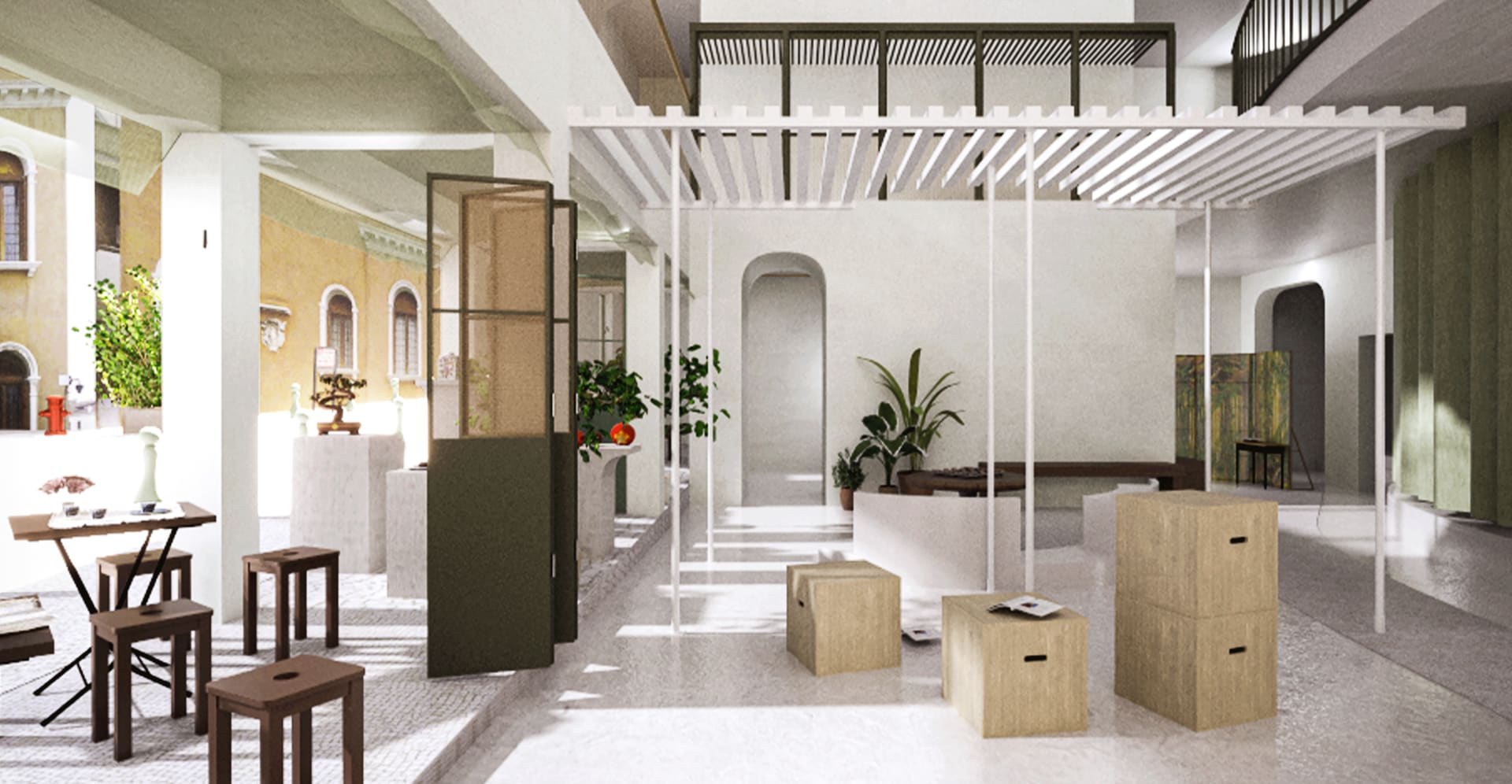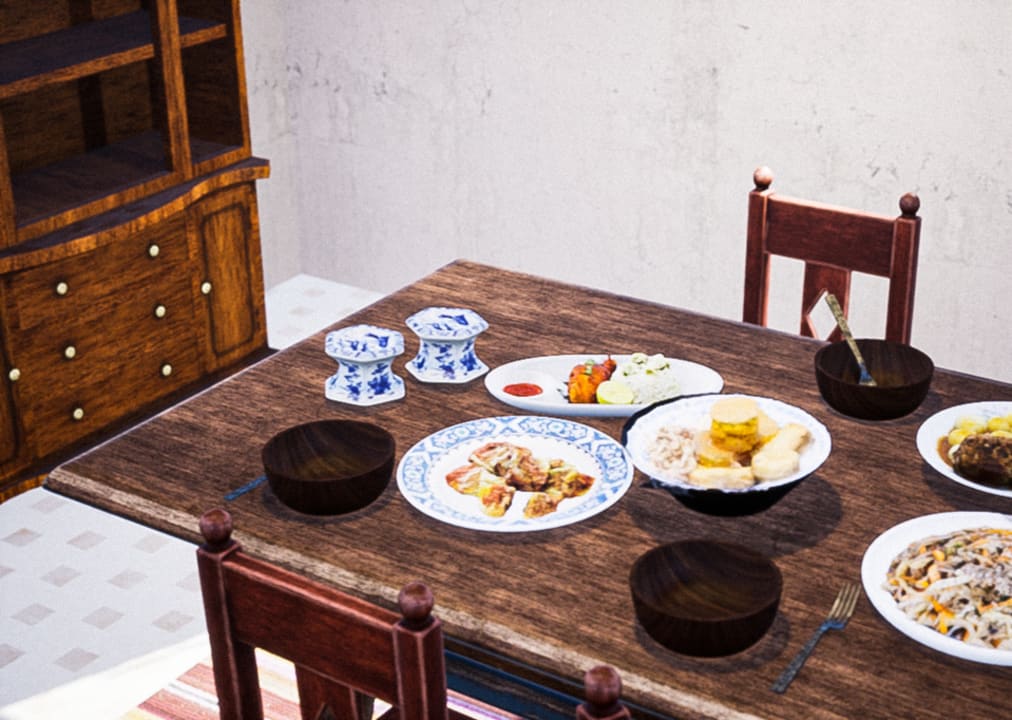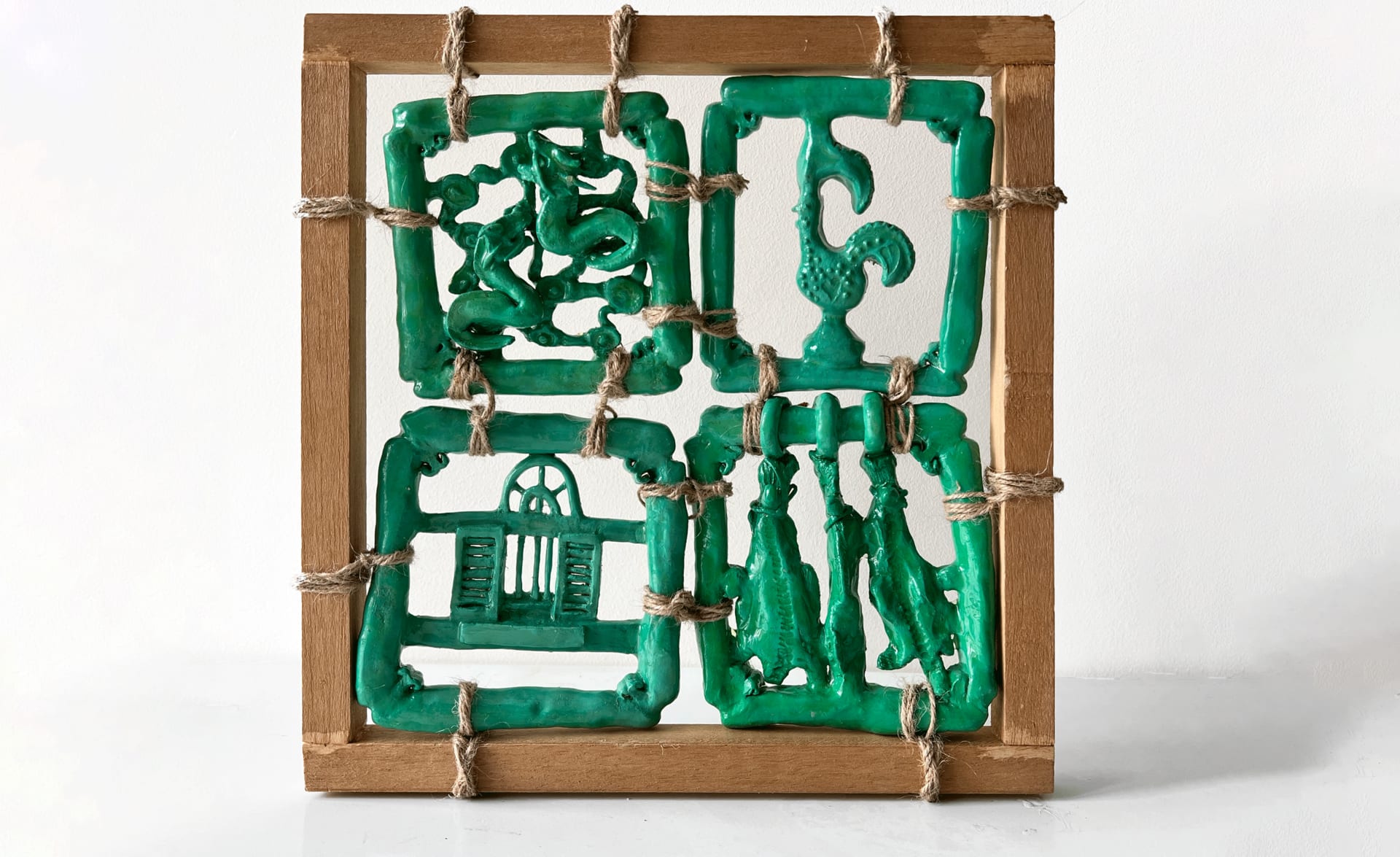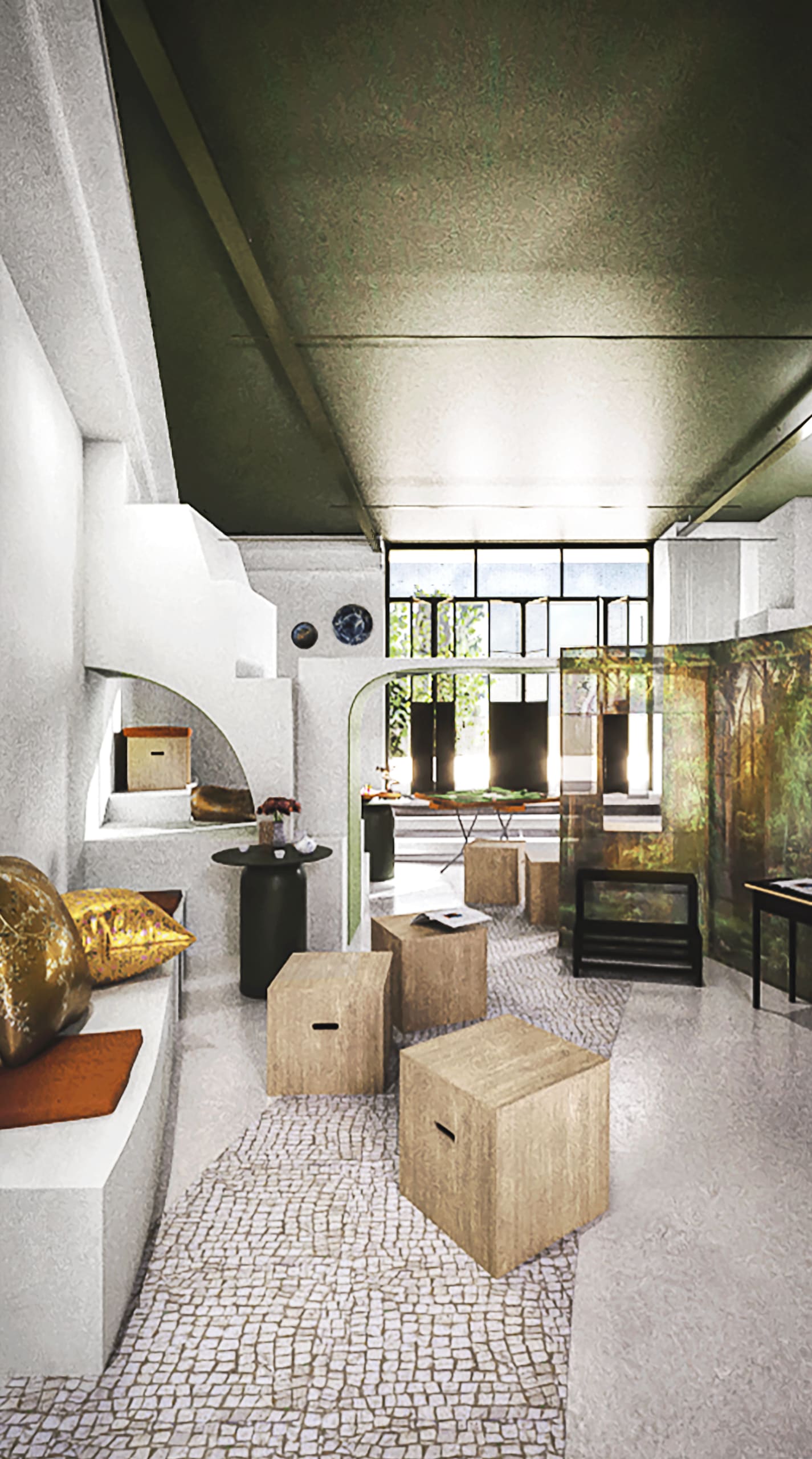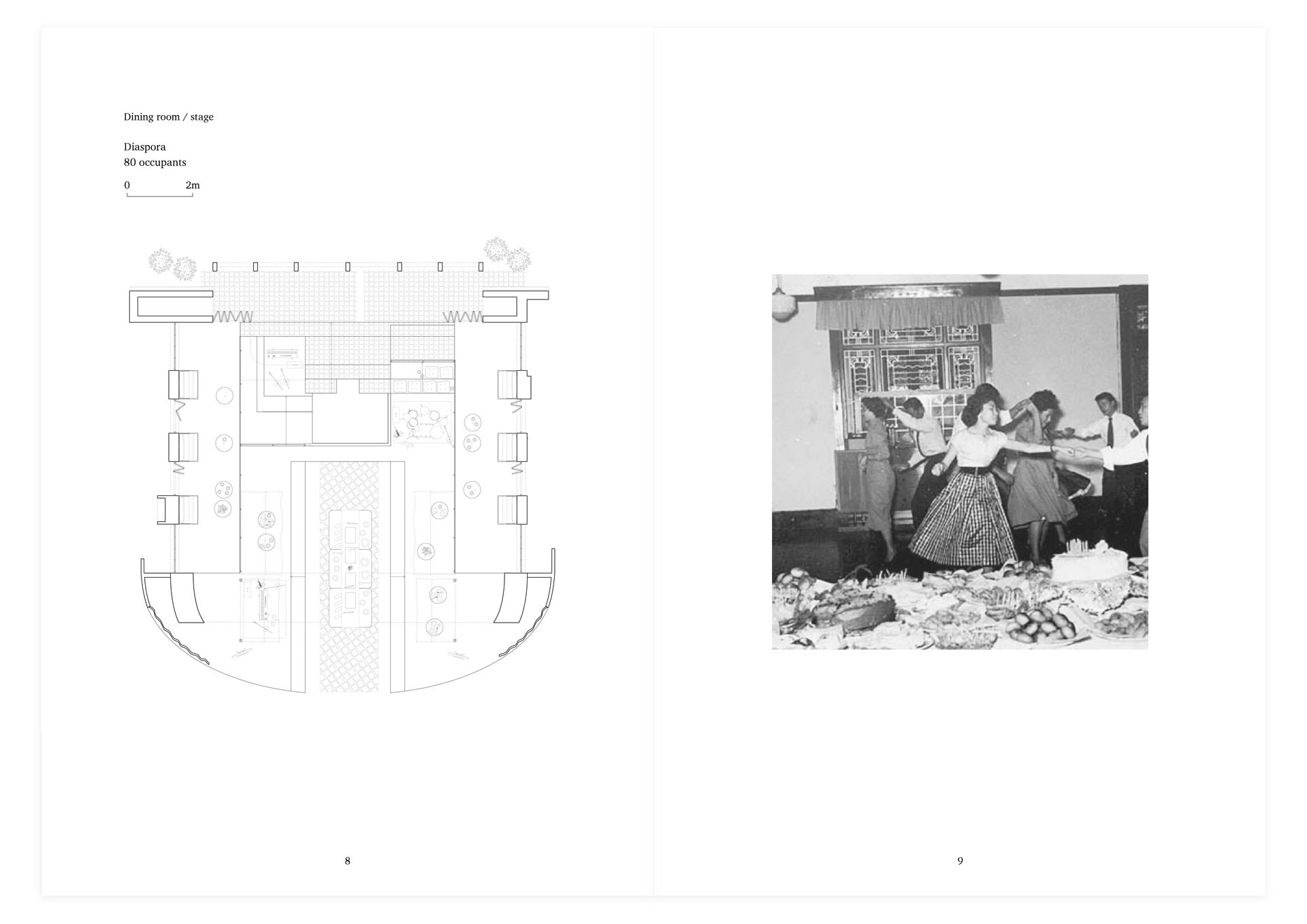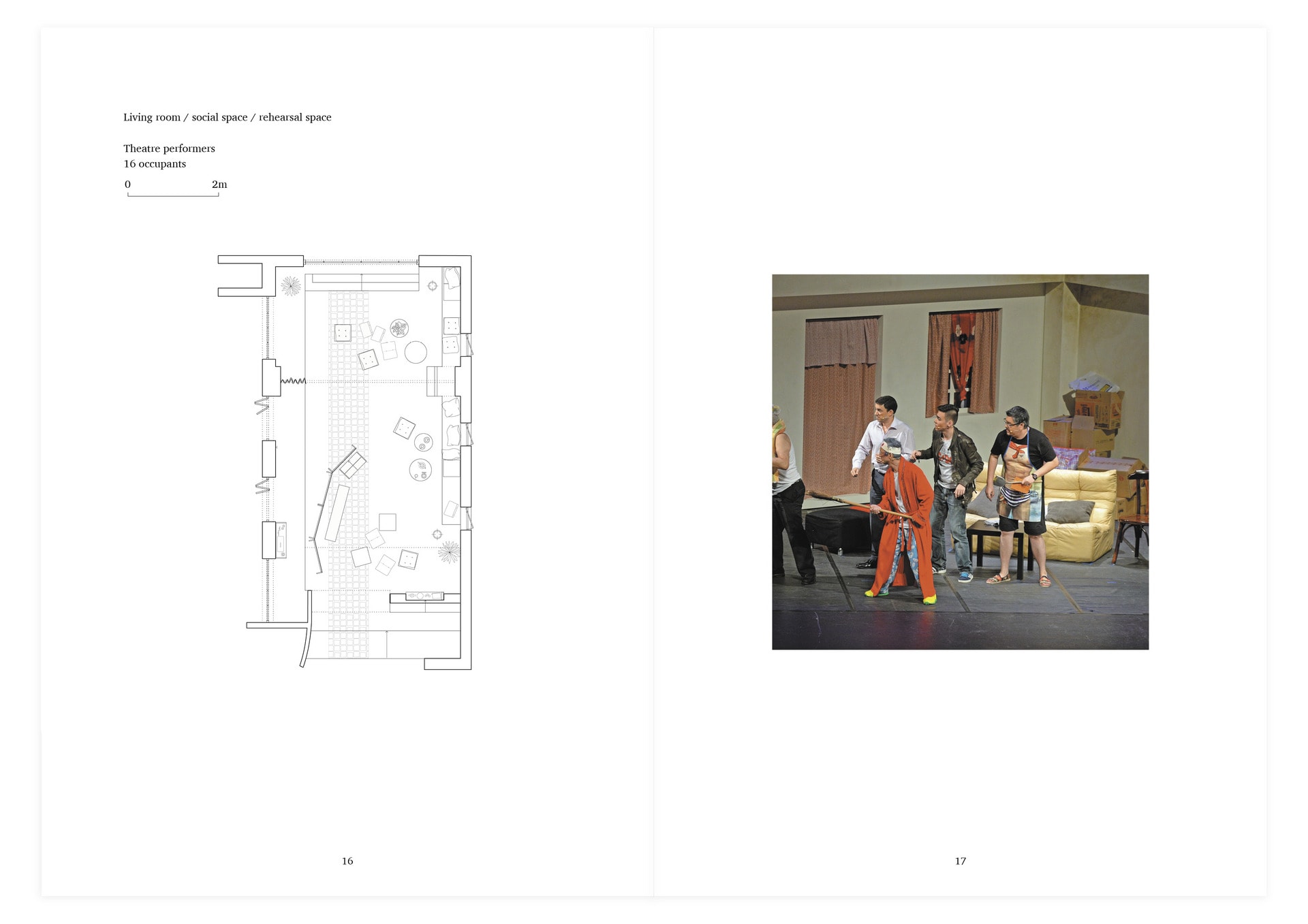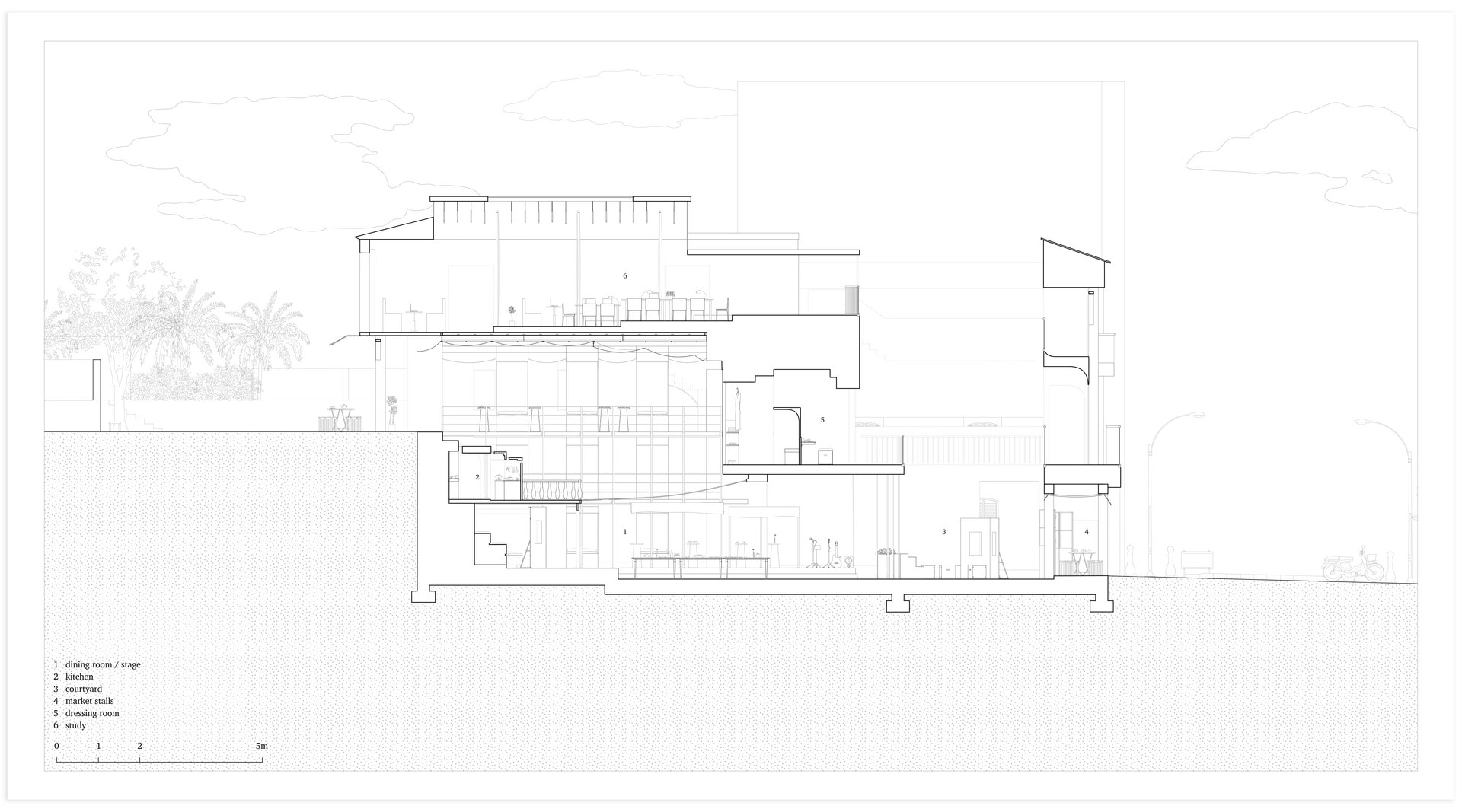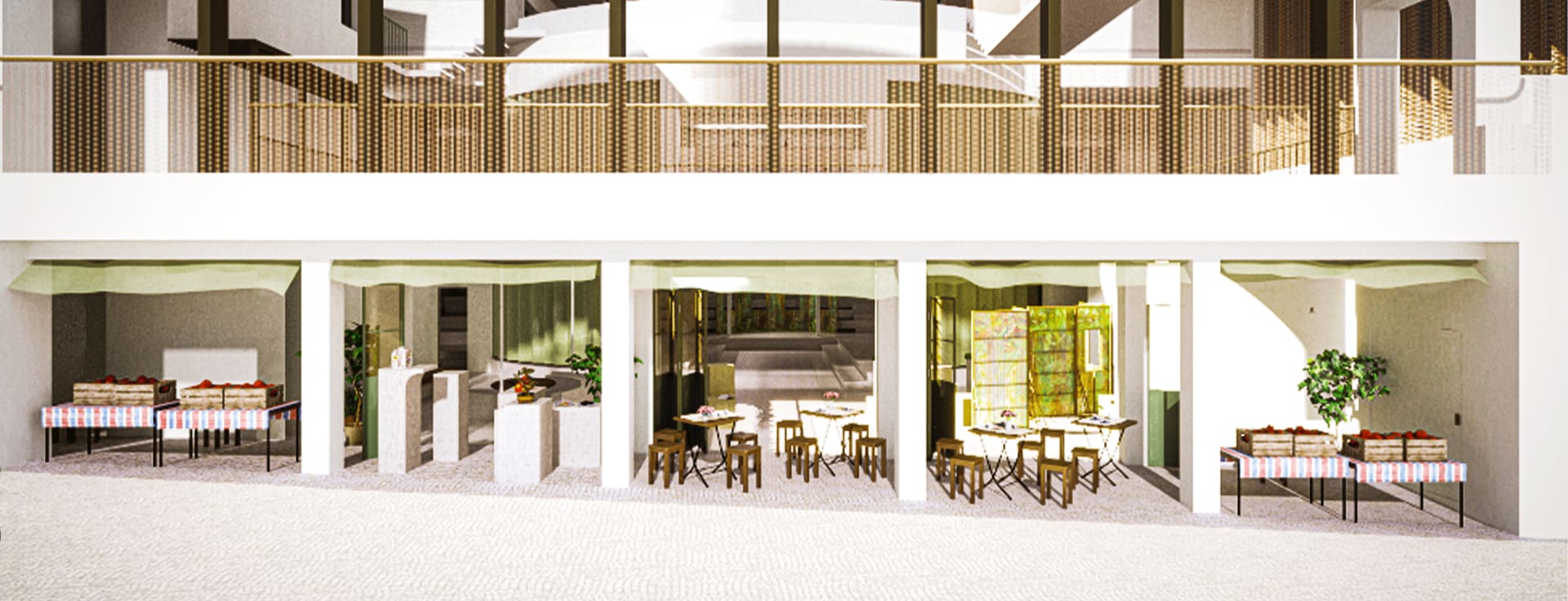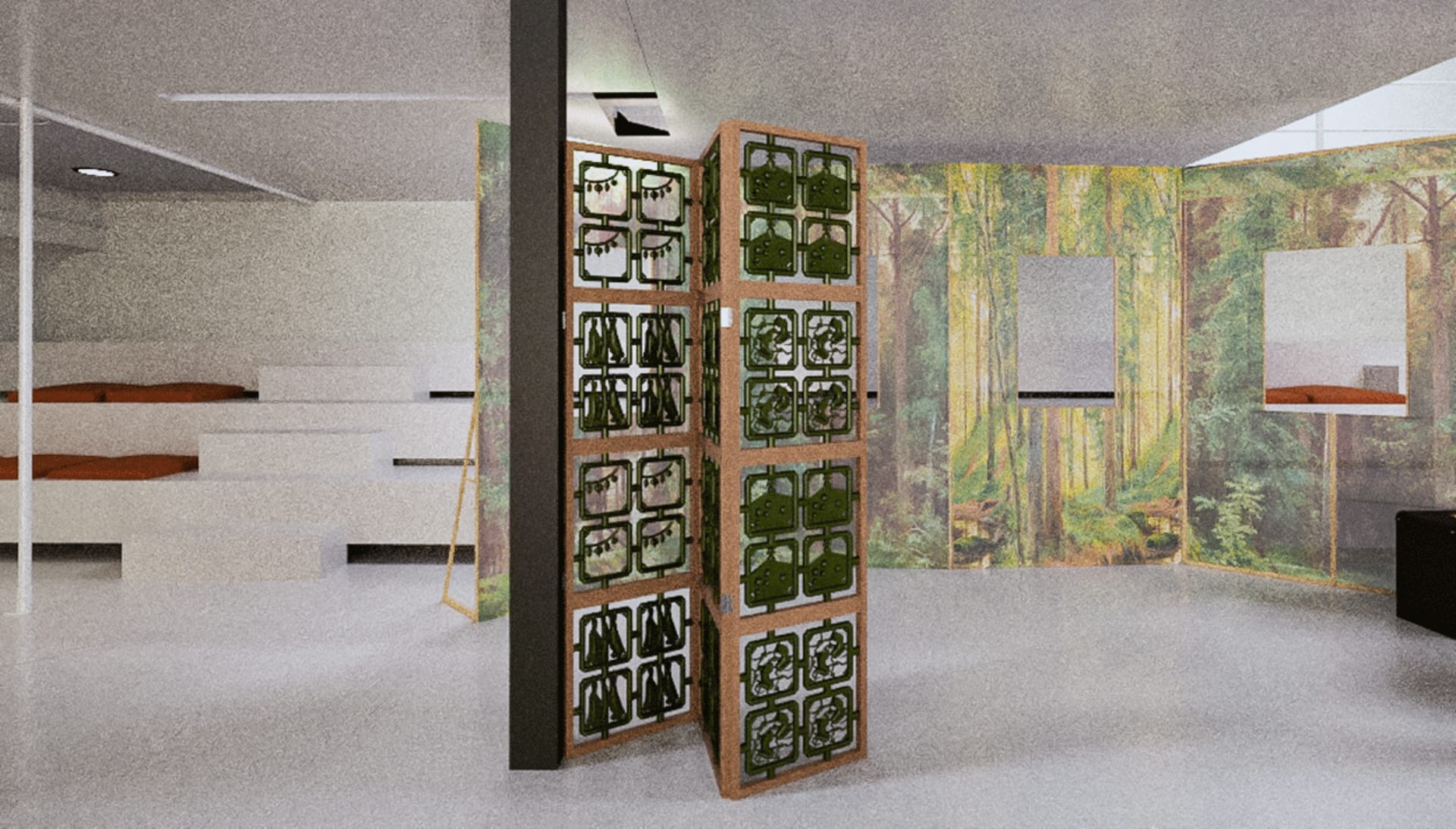Adela’s primary interests lie in exploring the relationship between the urban environment and the local community, delving into the way in which social relations intersect with cultural frameworks, and engaging in spatial dynamics within the urban landscape. Her curiosity towards the exploration into collective memory within a community is driven by the intersection of cultures from her upbringing in Hong Kong, looking to further understand the shared mentality of communities and approach to sustaining cultural identities through interdisciplinary means.
Prior to her time at the Royal College of Art, Adela graduated from the University of Sheffield in 2018. Following this, she acquired two years of experience in London-based practices, where she worked across a range of projects, including urban design, residential, and infrastructure projects.
